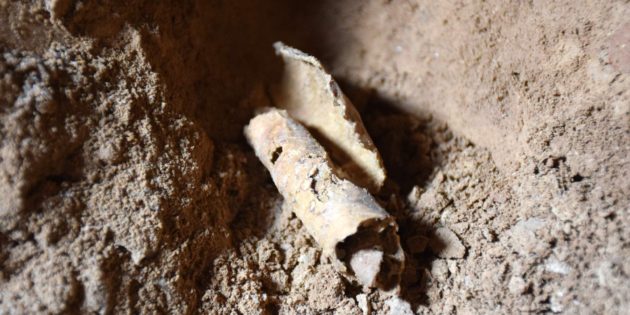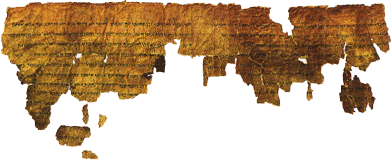Home » Dead Sea Scrolls » Religious Life at Qumran
Religious Life at Qumran
The Dead Sea Scrolls Numerous fragments found in the Qumran caves have been classified by scholars as liturgies. Whereas many of the earlier-known fragments were at best insubstantial, more recently published material has changed the picture radically. Now we have prayer texts for daily prayers and Festivals as well as various supplicatory prayers. These texts […]
The Dead Sea Scrolls The basic prayer times observed by the Qumran sect are presented in a poem concluding the Rule of the Community. From this poem we learn that a specific series of liturgical texts existed for the various times of prayer. The beginning of the poem mentions the need to pray evening and […]
The Dead Sea Scrolls The Zadokite Fragments contains also a full set of legislation regarding civil law, dealing with the same topics that are treated in the mishnaic order of Nezikin (Damages), although the topics are not discussed in as much detail. Even though the sectarian court system, laws of witnesses, and testimony are derived […]
The Dead Sea Scrolls Leadership During the initial period between the founding of the sect and the arrival of the Teacher of Righteousness, the Qumran sect was led by Zadokite priests. The importance of the Zadokite priests stemmed from biblical tradition—they had served in Solomon’s Temple and were to serve in the future Temple described […]
Greco-Roman Period Lawrence H. Schiffman, Texts and Traditions, Ktav, Hoboken 1998, p.726-727. Talmudic law continued the biblical regulations of menstrual impurity. Here the Mishnah discusses the requirement to insure purity before and after sexual relations, as well as the nature of the blood which renders a woman impure. 2-4 All women are [considered] in a […]
Greco-Roman Period Lawrence H. Schiffman, Texts and Traditions, Ktav, Hoboken 1998, p.728-729. A mikveh is an artificial pool designed to gather and hold water for ritual purification. This passage deals with the requirements for such a pool. 2-2 If a mikveh 170 is measured and found to be lacking [the necessary amount of water]; all […]
Greco-Roman Period Lawrence H. Schiffman, Texts and Traditions, Ktav, Hoboken 1998, p.273-274. The Mishnah rules that if Sadducee women do not fulfill the laws of menstrual impurity as understood by the Pharisaic-Rabbinic tradition, it is forbidden to marry them, as it is with Samaritan women. Rabbi Yose rules that it can be generally assumed that […]






